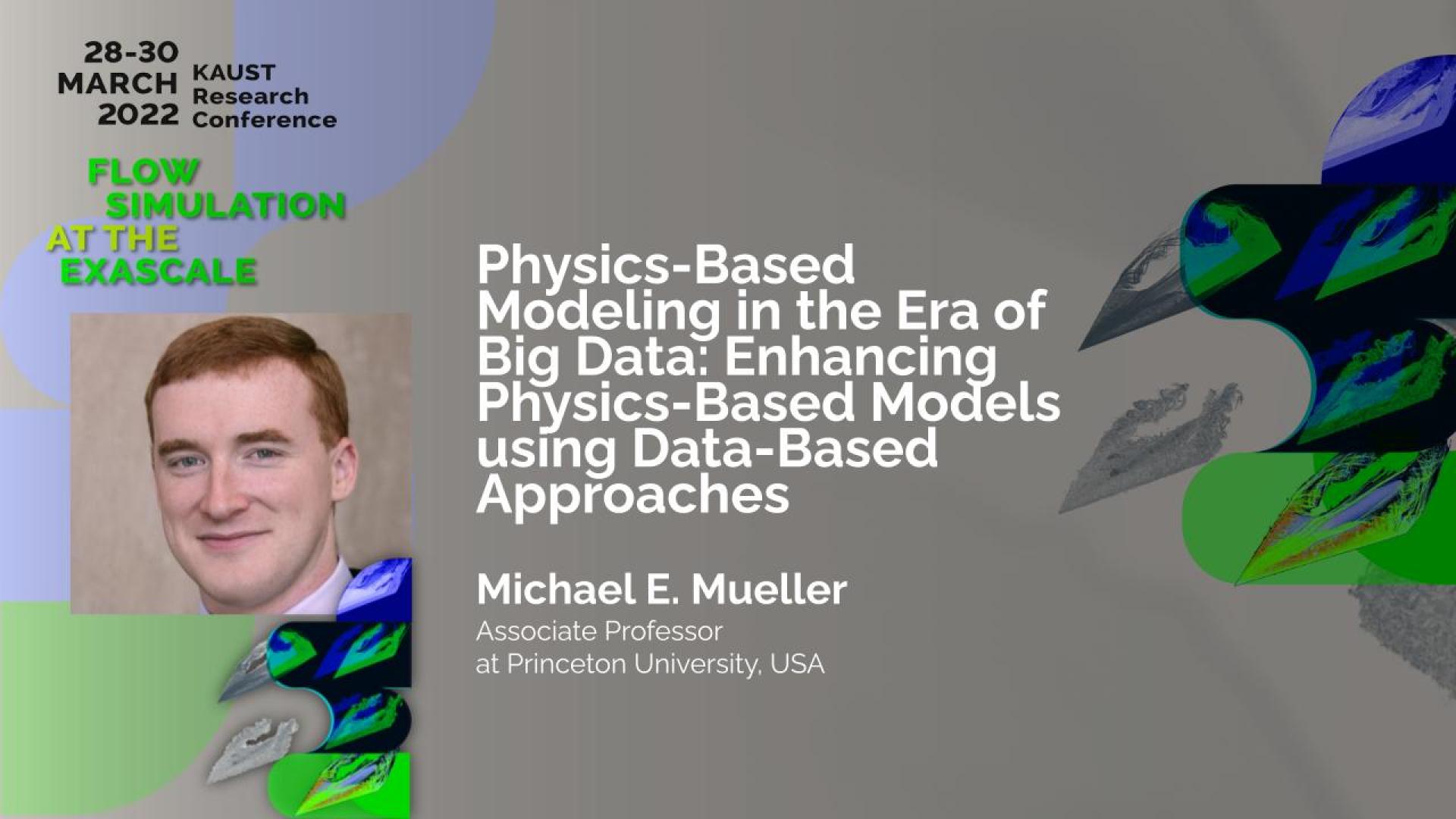Abstract
With the increasing prevalence of data from increasingly large full-fidelity flow simulations, there is a growing temptation to rely solely on these rich databases and exclusively data-based modeling paradigms, essentially abandoning physics-based modeling. However, the challenge with exclusively data-based modeling will always be model extrapolation: even with exascale computing and beyond, some regimes of relevant parameter spaces will never be computationally accessible with full-fidelity flow simulations. Additionally, physics-based models, being grounded in fundamental governing equations, need not re-learn fundamental constraints such as conservation laws and thermodynamics bounds. Unfortunately, especially for complex flows, such as turbulent multi-physics flows, every exclusively physics-based model will ultimately need to rely to some degree on crude assumptions or model oversimplification. Therefore, an opportunity exists to develop truly predictive models that can leverage the best of both physics-based modeling and data-based modeling through hybridization. The emerging paradigm starts with a physics-based modeling framework and replaces sub-model components with the crudest assumptions with data-based sub-model components derived from full-fidelity flow simulation databases. This hybridized modeling paradigm allows for not only more accurate models but also models able to account for phenomena that previous exclusively physics-based models were unable to capture. Several relevant examples from turbulent reacting flows will be presented and discussed.
Brief Biography
Michael E. Mueller is an Associate Professor and Director of Graduate Studies in the Department of Mechanical and Aerospace Engineering at Princeton University. Since 2020, he is also jointly appointed as a Faculty Researcher at the National Renewable Energy Laboratory. He received a BS degree in mechanical engineering from The University of Texas at Austin in 2007, a MS degree in mechanical engineering from Stanford University in 2009, and a PhD degree in mechanical engineering from Stanford University in 2012. His research interests encompass computational modeling of multi-physics turbulent reacting flows with applications to energy and propulsion, principally combustion with emerging thrusts in offshore wind and fusion, as well as broader areas of computational and data sciences including uncertainty quantification, numerical algorithms, and data-based modeling and algorithms. He has been recognized through the Young Investigator Program of the Army Research Office, with a Research Excellence Award from The Combustion Institute, with the Early Career Combustion Investigator Award of the United States Sections of The Combustion Institute, and as an Associate Fellow of the American Institute of Aeronautics and Astronautics. He currently serves as Associate Editor of the Journal of Engineering for Gas Turbines and Power and serves on the Editorial Board of Combustion and Flame.

